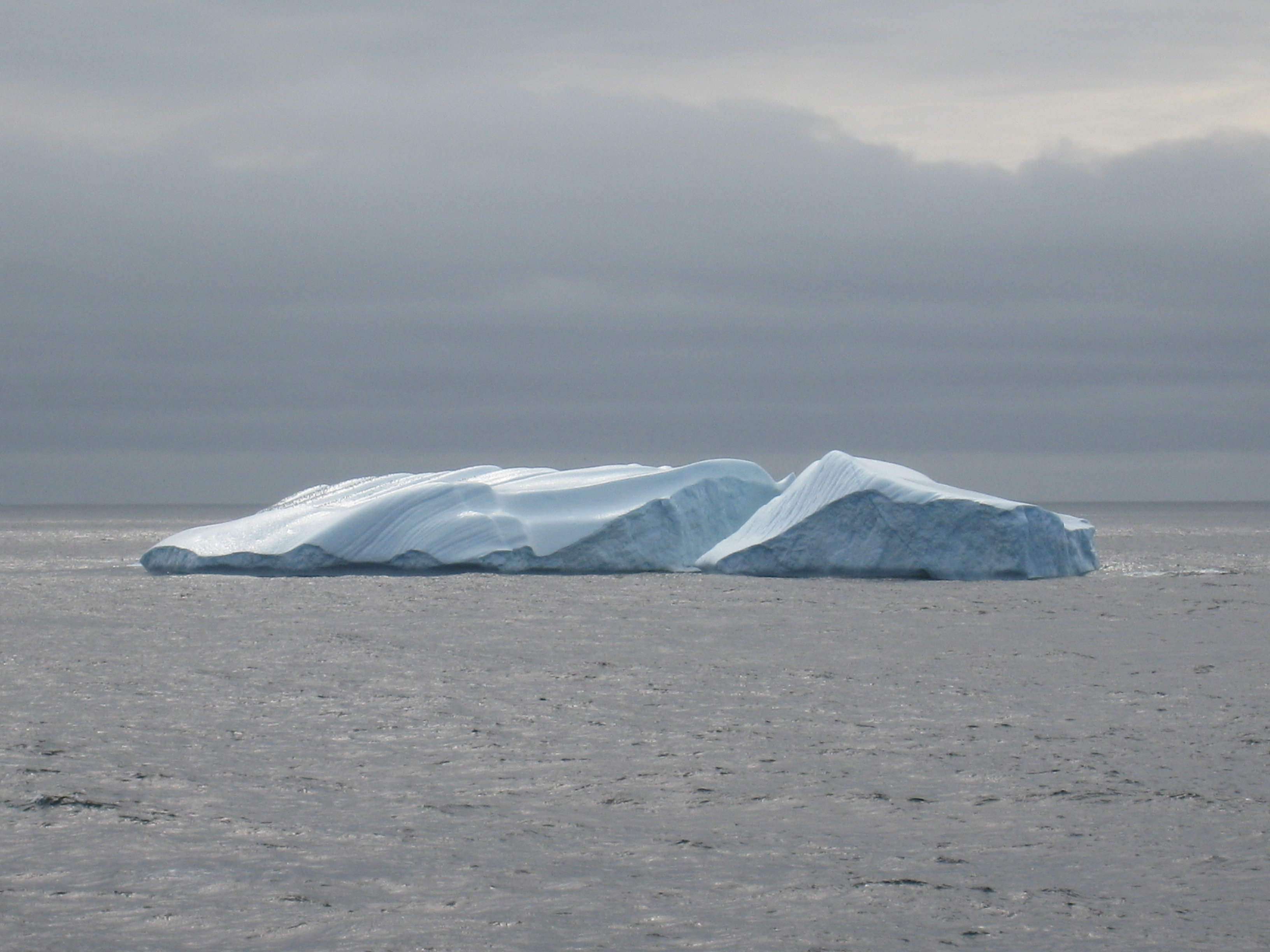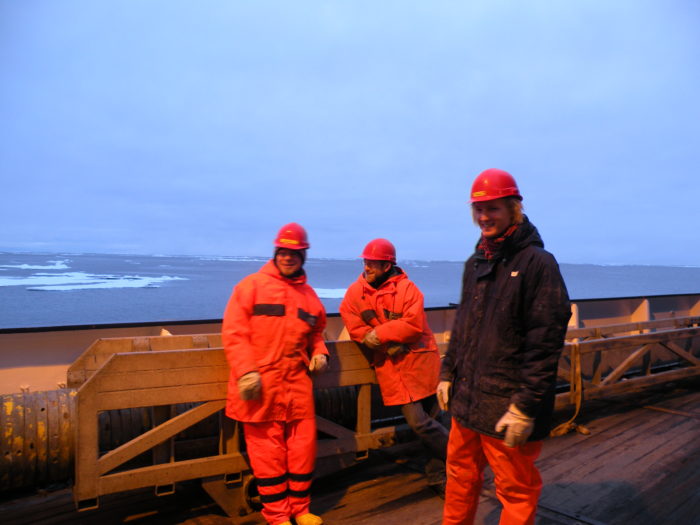Leeds wins share of £10m funding to investigate the changing Arctic Ocean floor

The University of Leeds is part of a £10m NERC research programme to investigate the impact of climate change on the Arctic Ocean. The Leeds project, headed by Dr Christian März, will study the Changing Artic Ocean Seafloor (ChAOS) and is one of four linked projects involving 16 institutions funded by the UK research programme.
The projects will study the rapidly changing Artic environment, specifically the impact of diminishing sea ice on the fragile marine environment of the Arctic Ocean. Understanding how marine life is responding will help scientists to predict future changes as the climate warms further.
The ChAOS project, which brings together biologists, geochemists and modellers, will look at how changing sea ice conditions impact biological communities, biogeochemical processes and ecosystems on the Arctic Ocean's sea floor. Fieldwork will be conducted in areas most affected by declining sea ice and will involve three research cruises on the RSS James Clark Ross, a marine research vessel equipped with a range of laboratories and equipment for sampling the ocean depths and the sea floor.
The aim of the ocean floor project is to examine the background processes taking place in the sediment and how they change, in order to understand and model how the Arctic ecosystem will respond to continued climate change. Researchers at Leeds will work under Principal Investigator Christian März with researchers at the universities of Bristol, Newcastle, Southampton, Durham and Edinburgh, as well as Plymouth Marine Laboratory and the British Antarctic Survey.
All four NERC projects begin in February and run for four years. Read the NERC press release here.

Dr Christian Marz (centre) on a previous research trip
